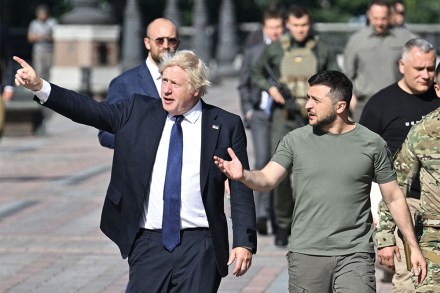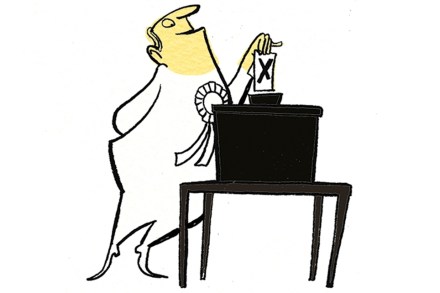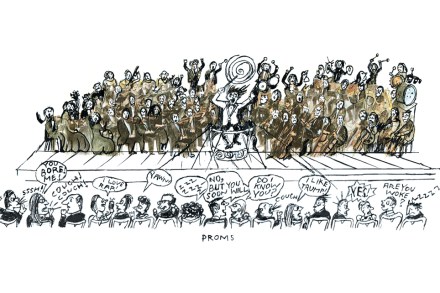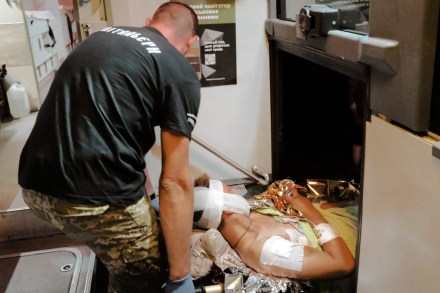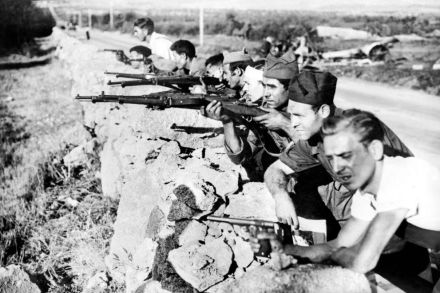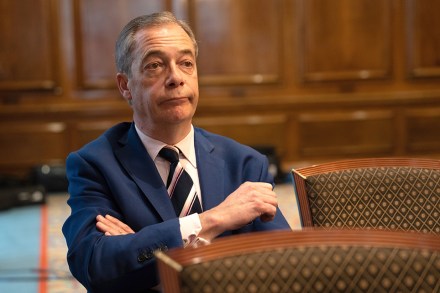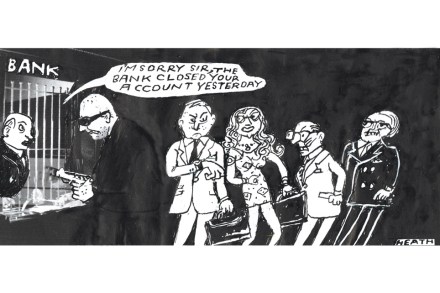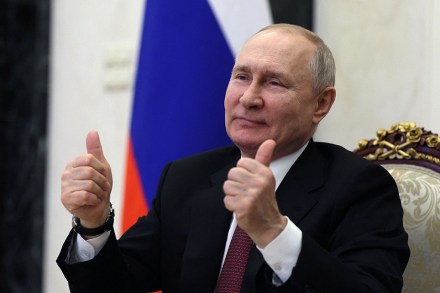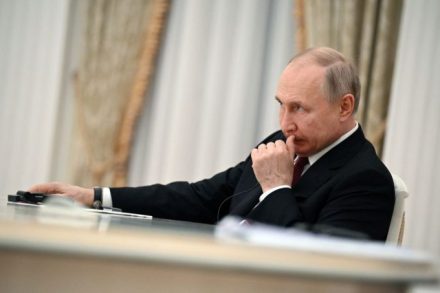Letters: Boris Johnson’s doublespeak over Ukraine
Whose victory? Sir: Politicians are often accused of engaging in doublespeak, and I fear in the case of Boris Johnson’s article (‘Bombshell’, 16 September) the accusation may be valid. According to our former prime minister we’re to believe two contradictory assertions; firstly that a Russian victory risks an immediate and existential threat not only to Russia’s neighbours but to the broader West. Then secondly, that the victory of the Ukrainian armed forces is as inevitable as night following day. Those two positions cannot both be true – either the outcome of the war is still in the balance, or Ukrainian victory is assured. I fear a degree of romanticism has
